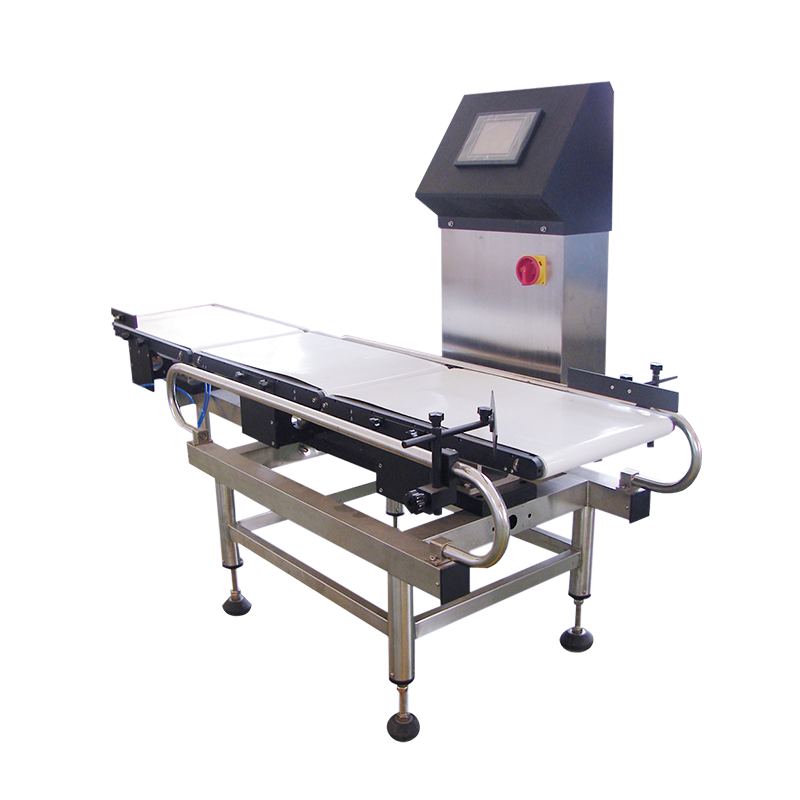In a world driven by efficiency, accuracy, and accountability, industries are constantly seeking ways to refine their processes. Amidst the vast array of tools and technologies designed to streamline operations, one device quietly stands out for its ability to ensure precision at every step: the check weigher. Though often overlooked, this unassuming machine plays a critical role in maintaining quality control, reducing waste, and ensuring compliance across numerous sectors.
At its core, a check weigher is a dynamic weighing system that verifies the weight of items as they move along a production line. From food packaging to pharmaceuticals, logistics to manufacturing, these devices offer real-time data that helps businesses maintain consistency and meet stringent regulatory standards. But what makes check weighers so indispensable? Let’s explore their impact and why they’re becoming a cornerstone of modern industry.
The Backbone of Quality Assurance
Imagine a snack manufacturer producing thousands of bags of chips per hour. Without a reliable way to ensure each bag meets the specified weight, the company risks either overfilling (which cuts into profit margins) or underfilling (which can lead to customer dissatisfaction and potential legal issues). Enter the check weigher—a guardian of uniformity that ensures every product leaving the facility adheres to precise weight specifications.
Check weighers operate with remarkable speed and accuracy, inspecting items on a conveyor belt within fractions of a second. Advanced models incorporate cutting-edge sensors and software capable of detecting even the slightest deviation from the target weight. This level of precision not only safeguards brand reputation but also reduces material waste, contributing to more sustainable practices.

A Tool for Compliance and Cost Efficiency
Regulatory bodies around the globe impose strict guidelines regarding product weights, particularly in industries like food, pharmaceuticals, and cosmetics. Non-compliance can result in hefty fines, recalls, or worse—damage to consumer trust. Check weighers act as a first line of defense against such risks by providing an automated solution that eliminates human error.
Moreover, these systems contribute directly to cost savings. By identifying underweight products before they reach consumers, companies avoid costly penalties. Conversely, minimizing overfilling prevents unnecessary giveaways of valuable materials. In high-volume operations, these small adjustments add up to significant financial benefits over time.
Versatility Across Industries
While check weighers are most commonly associated with food and beverage production, their applications extend far beyond. In pharmaceuticals, they ensure medications are packaged in exact dosages, safeguarding patient health. In e-commerce fulfillment centers, they verify the weight of parcels to optimize shipping costs and detect discrepancies early. Even in recycling facilities, check weighers help sort materials based on density and weight, enhancing sorting accuracy.
Each application showcases the adaptability of check weighers, which can be customized with various features such as reject mechanisms, data logging capabilities, and integration with other automated systems. These enhancements make them suitable for virtually any environment where precision matters.
The Future of Check Weighing Technology
As technology continues to evolve, so too does the functionality of check weighers. Modern systems now boast artificial intelligence and machine learning algorithms that allow for predictive maintenance, trend analysis, and improved decision-making. Some models can even interface with IoT platforms, enabling remote monitoring and real-time reporting.
These advancements are transforming check weighers from simple measurement tools into comprehensive data hubs. Businesses can leverage insights gleaned from these systems to identify inefficiencies, forecast demand, and refine overall production strategies. In essence, check weighers are evolving into strategic assets that drive innovation and competitive advantage.


 English
English Español
Español عربى
عربى













Contact Us